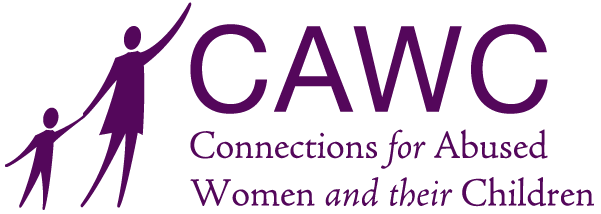The psychology of domestic abusers, or the reasons someone might decide to harm their partner in a variety of ways, are complex in nature. No one factor causes someone to commit domestic abuse, and the profile of an abuser varies considerably. However, their behavior can be influenced by a range of factors, including past experiences, personality traits, social and cultural norms, and more. Understanding the psychological characteristics of domestic abusers can help us identify and prevent harmful behaviors. Here’s what you need to know.
Past Experiences
Research has shown that individuals who have experienced violence in their past are more likely to normalize and engage in domestic abuse. This could include childhood abuse, exposure to violence elsewhere in their family, or other traumatic experiences.
Some studies have also found a correlation between substance abuse and domestic violence. The use of drugs and alcohol can impair judgment and increase aggression, making individuals more likely to engage in violent behavior, particularly if they have normalized this combination because it was present in their upbringing.
Personality Traits
Certain personality traits may also contribute to an individual’s likelihood of engaging in domestic abuse. These can include low self-esteem, narcissism, a lack of empathy, and more. Individuals who exhibit these traits may be more likely to engage in controlling behavior, such as emotional abuse, physical violence, or sexual coercion. The profile of an emotionally abusive man, for example, can include the following:
- • Low self-esteem
- • A belief in patriarchal (often called “traditional”) gender roles, or the belief that men are superior to women as human beings
- • A sense that others “owe” them whatever it is they want
- • Frequent oversensitivity
- • Unrealistic expectations of intimate relationships and partners
Social and Cultural Norms
Social and cultural norms can also influence an individual’s behavior in intimate relationships. Some cultures may condone or even encourage violent behavior in relationships, or consider it acceptable or excusable for men to exert control over women. Patriarchal gender roles and expectations can also play a role in domestic abuse. Men who feel that they are entitled to power and control over their partners may be more likely to engage in abusive behavior.
Other Factors
Other factors that can contribute to the psychological makeup of a domestic abuser include mental health issues, financial stress, or a lack of social support:
- Individuals who struggle with depression, anxiety, or other mental health conditions may be more prone to violent outbursts
- Financial stress can also lead to feelings of powerlessness, frustration, and anger, which can increase the likelihood of abusive behavior
- A lack of social support can leave individuals feeling isolated and vulnerable, which can exacerbate feelings of anger and aggression
If you or someone you know is experiencing domestic abuse, it is important to seek help immediately. Contact your local law enforcement agency, domestic violence hotline, or a trusted healthcare provider for assistance.
Learn How To Recognize and Stop Abuse With CAWC
At Connections for Abused Women and Their Children (CAWC), we believe that everyone has a right to a life free of violence. Our mission to end domestic violence is rooted in education, service, and advocacy. In addition to working toward broader social change, we provide empowerment-based and trauma-informed support in the form of shelter, counseling, and advocacy to individuals affected by domestic violence and their children.
If you or someone you know is struggling with domestic violence, don’t hesitate to call our 24-hour hotline at (773) 278-4566.
